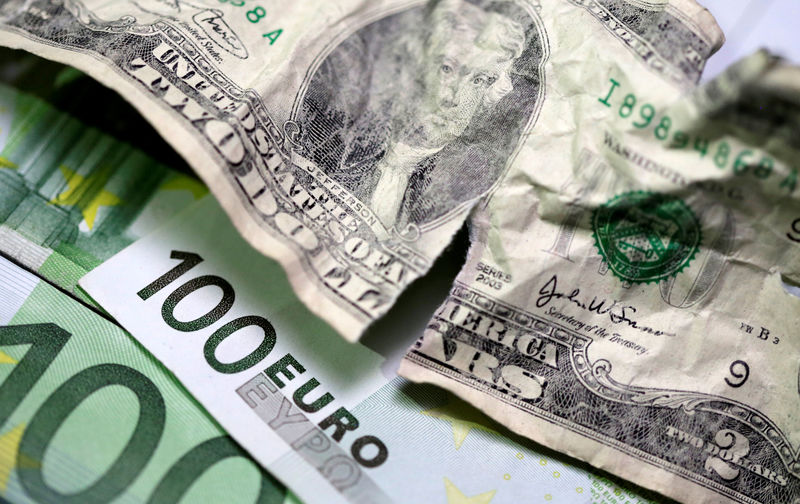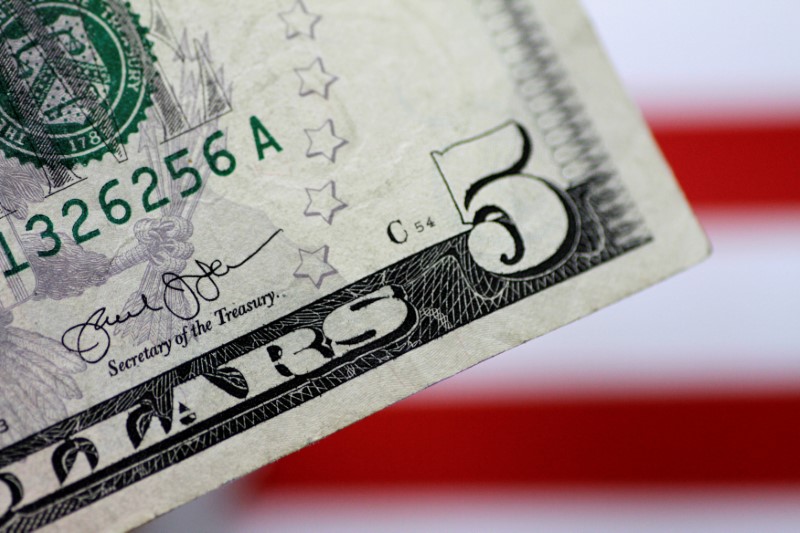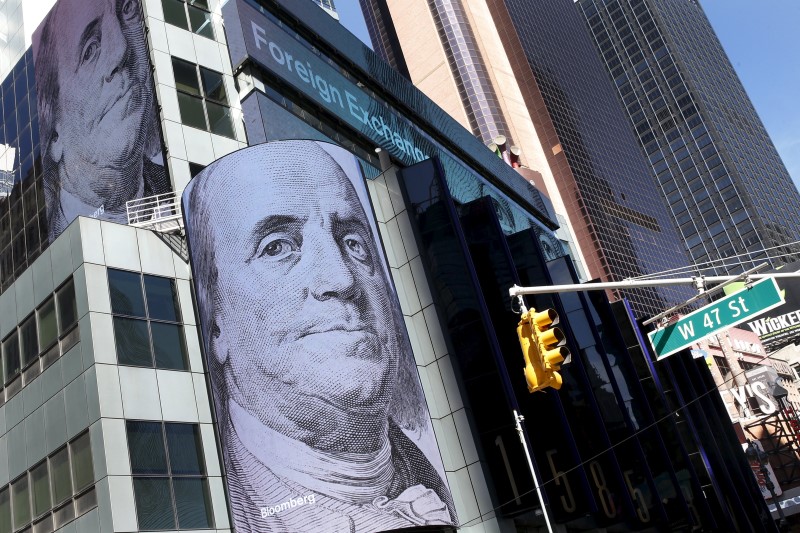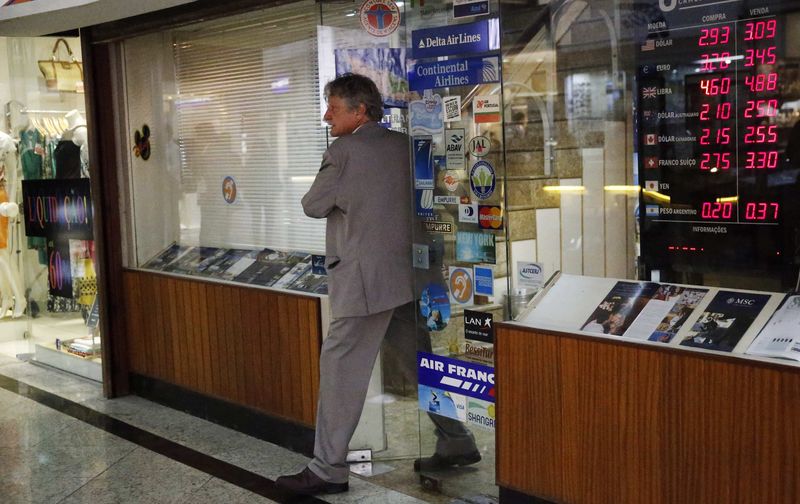
© Reuters.
Por Geoffrey Smith
Investing.com – The dollar rose slightly at the start of trading on Monday in Europe, opening a key week for central bank meetings on both sides of the Atlantic.
By 9:00 AM ET (0900 GMT), the , which tracks the currency against a basket of six other major currencies, was unchanged at 101.72, after drifting for much of the week. past while Chinese and some other Asian markets remained closed. The trade resumed strongly on Monday, rising 0.5% to 6.7512 against the dollar.
The Federal Reserve announces its latest monetary policy decisions on Wednesday, while the European Central Bank and the Bank of England will do the same on Thursday. All three are expected to continue raising their official interest rates, but uncertainty is growing regarding the expectations of institutions regarding the future path of rates, with inflation receding and economic growth declining.
The market expects the fed funds range to rise by just 25 basis points to a high of 4.75%, while all indications are that members of the will favor a 0.5% rise, which would place their deposit rate at 2.5% and its refinancing rate at 3%. Opinion is divided as to whether the —whose bank interest rates currently stand at 3.50%— will opt for 25 or 50 basis points.
“Signs continue to emerge that the views of the markets and the Fed are further apart at the moment,” said Frank Sohlleder, an analyst at ActivTrades, in a note to clients on Monday. “The Fed – and, therefore, the ECB – never tires of insisting that the course is the right one, but that there is still a way to go until inflation drops below 2%.”
Deutsche Bank strategist Ulrich Stephan points out that interest rate futures currently imply expectations of a 0.4% rate cut by the Fed by the end of the year, an idea that contradicts much of recent Fed forecasts. Fed, which has emphasized keeping the fed funds rate above 5% for an extended period. Stephan points out that the implied 3.3% “terminal rate” for the ECB deposit rate is also somewhat below what ECB policymakers suggest.
Data on inflation and economic growth from the EC could influence market sentiment ahead of the ECB meeting. Headline inflation, which has been arguably a leading indicator for the single currency region in recent months, has not eased in January despite an absolute fall in prices on a month-on-month basis. The growth data for Germany is released today, and the UK on Tuesday.





